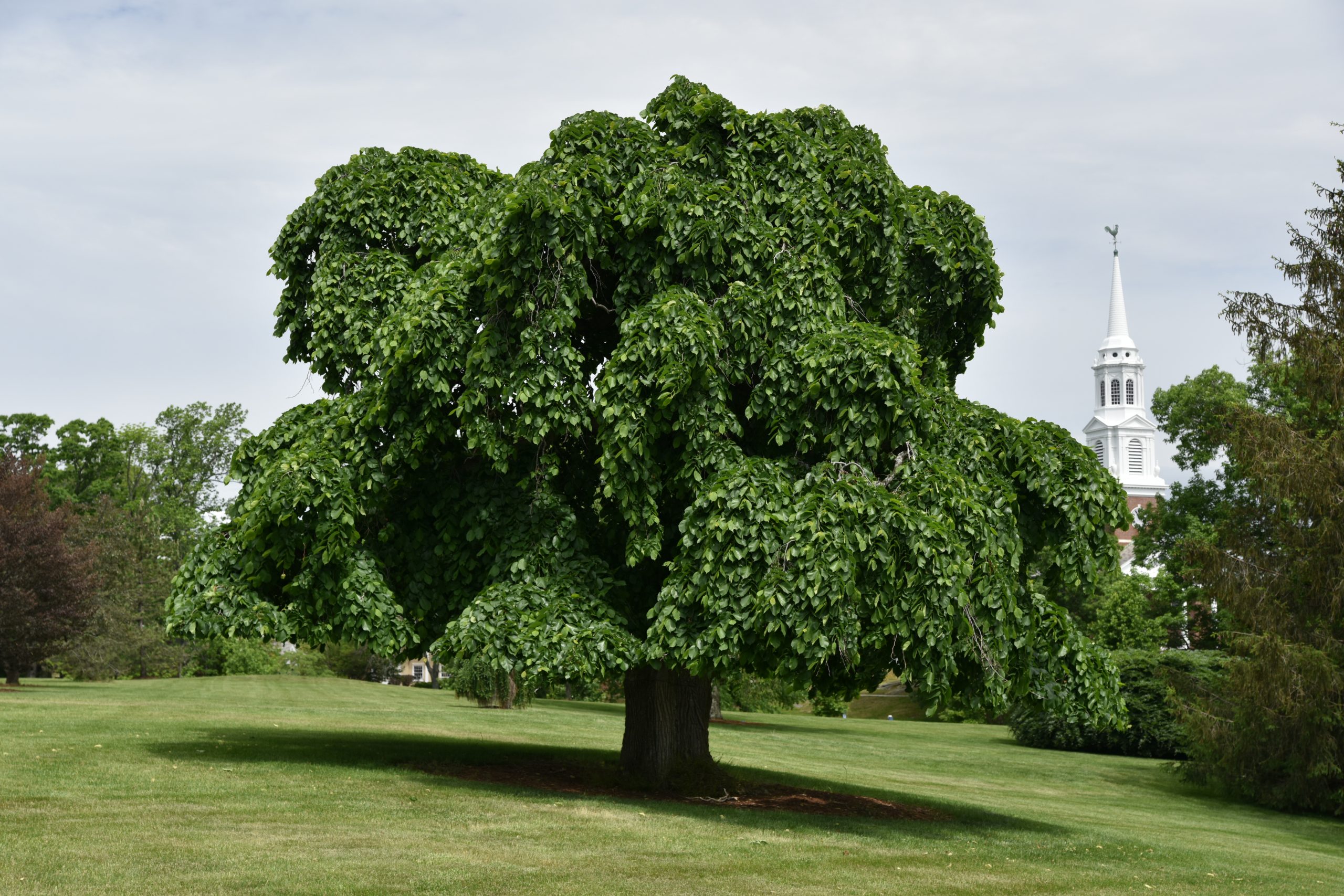In January 2019, Zhe Zhu joined the Department of Natural Resources and the Environment as an assistant professor specializing in developing remote sensing techniques to track land changes in the global landscape. Says Zhu, “I am interested in the four W’s—where, when, what and why the land is changing.”
His global environmental remote sensing laboratory focuses on these issues and how the data relate to climate change.
“The earth is a closed system and we know the increase in CO2 is creating an imbalance,” Zhu says. “The more imbalance, the more danger. We know the CO2 levels are increasing at an alarming rate, but I also notice some positive changes and feedback from current research such as the increase in vegetation and its ability to trap CO2 in the ocean. While nature has ways to reduce the effects from these imbalances, human impact is currently producing a greater negative impact.”


